Utilization of Fish Scales from Fish-Processing Factories
By. Ely Kusniawati - 21 Nov 2025.jpg)
kelolalaut.com In the fish-processing industry, large quantities of by-products are generated during filleting, skinning, and cleaning operations. Among these by-products, fish scales are often overlooked and discarded as waste. However, in recent years, increased awareness of sustainability, circular economy principles, and resource efficiency has opened new opportunities to utilize fish scales in various industries. These scales, which are abundant in collagen, minerals, and structural materials, offer significant economic and environmental value. This article explores the potential applications of fish scales produced from fish-processing factories and highlights the benefits of turning this waste into valuable resources.
1. Composition and Characteristics of Fish Scales
Fish scales primarily consist of collagen, hydroxyapatite (a form of calcium phosphate), proteins, and small amounts of lipids. The unique structure of the scales, combining flexibility and strength, makes them suitable for a wide range of uses. They are lightweight, biodegradable, and naturally renewable. These characteristics position fish scales as an attractive raw material for industries seeking sustainable inputs.
2. Collagen and Gelatin Production
One of the most important applications of fish scales is the extraction of collagen and gelatin. Marine-derived collagen has gained popularity as an alternative to bovine or porcine collagen due to fewer religious and cultural restrictions. The collagen extracted from fish scales is widely used in:
- Cosmetics and skincare products, including anti-aging creams, serums, and facial masks, because of its ability to improve skin elasticity.
- Pharmaceuticals, where it is used in wound dressings, tissue engineering, and drug delivery systems.
- Food industry, particularly in gelatin production for candies, desserts, and encapsulation materials for supplements.
Fish-processing factories can collaborate with biotechnology companies to convert scale waste into valuable collagen-based products. This not only reduces disposal costs but also creates an additional revenue stream.
3. Bioplastic and Biodegradable Materials
Another growing area of research is the use of fish scales in the production of bioplastics. The collagen and hydroxyapatite content provide a natural polymer source that can be mixed with other biodegradable materials. The resulting bioplastic is strong, semi-flexible, and environmentally friendly. It can be used for:
- Packaging materials
- Disposable utensils
- Agricultural films
The development of bioplastics from fish scales contributes to reducing dependency on petroleum-based plastics and supports environmental conservation efforts. This application is especially relevant as global industries seek eco-friendly materials.
4. Jewelry, Fashion, and Handicrafts
Fish scales have long been used in traditional crafts, but modern fashion and jewelry industries have elevated their value. With proper cleaning and treatment, scales can be transformed into shimmering decorative elements that resemble pearls or gemstones. They can be used to create:
- Earrings, necklaces, and bracelets
- Decorative buttons and accessories
- Embellishments for clothing and handbags
These products offer both aesthetic appeal and sustainability, attracting consumers who prefer environmentally responsible fashion.
5. Biofertilizers and Soil Conditioners
Another practical use of fish scales is in agriculture. Due to their mineral content—especially calcium and phosphorus—fish scales can be processed into organic fertilizers. After grinding and composting, the scales release nutrients slowly into the soil, enriching it and supporting plant growth. This application provides a low-cost solution for farmers and promotes sustainable waste recycling.
6. Water Purification
Recent research has demonstrated that fish scales can act as effective adsorbents for heavy metals and other contaminants in water. The collagen fibers and porous structure of the scales allow them to bind impurities, making them useful in water treatment systems. Processed fish scales may serve as an eco-friendly and low-cost alternative to synthetic adsorbents.
7. Biomedical and Technological Applications
The unique structure of fish scales also offers potential in advanced technologies. Studies show that fish scales can be transformed into transparent biofilms ideal for flexible displays or eco-friendly electronics. In biomedical engineering, scale-derived materials have been tested for:
- Bone graft substitutes
- Tissue scaffolding
- Biocompatible membranes
These applications highlight the potential of fish scales beyond traditional uses, driven by advancements in material science.
If youre interested in our Barramundi Whole Round / Whole Gilled Gutted Scaled , Barramundi Fillet Skinless , Barramundi Fillet Skin On and Barramundi Fillet Portion Cut, snapper please do not hesitate to contact us through email and/or Whatsapp
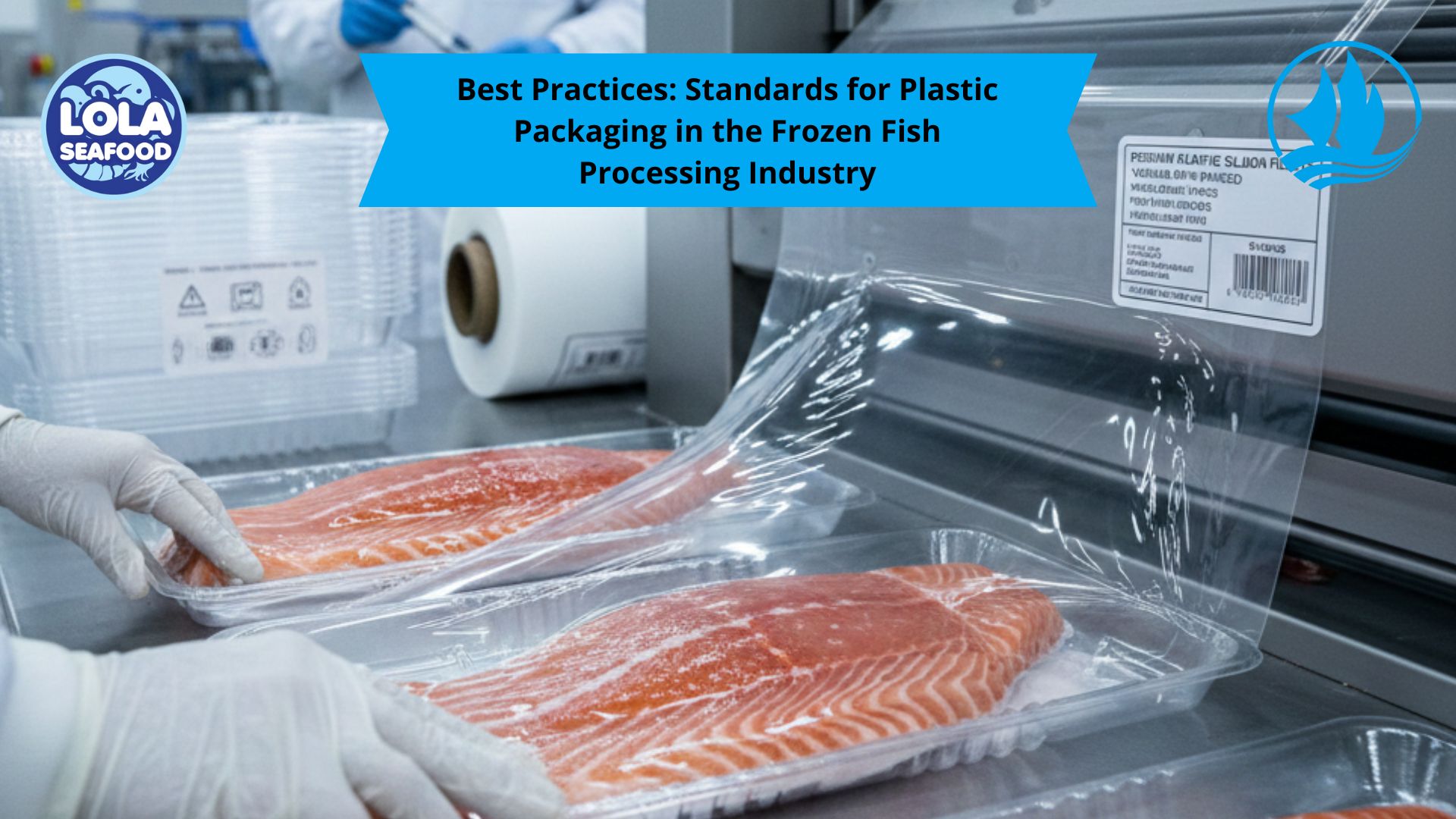
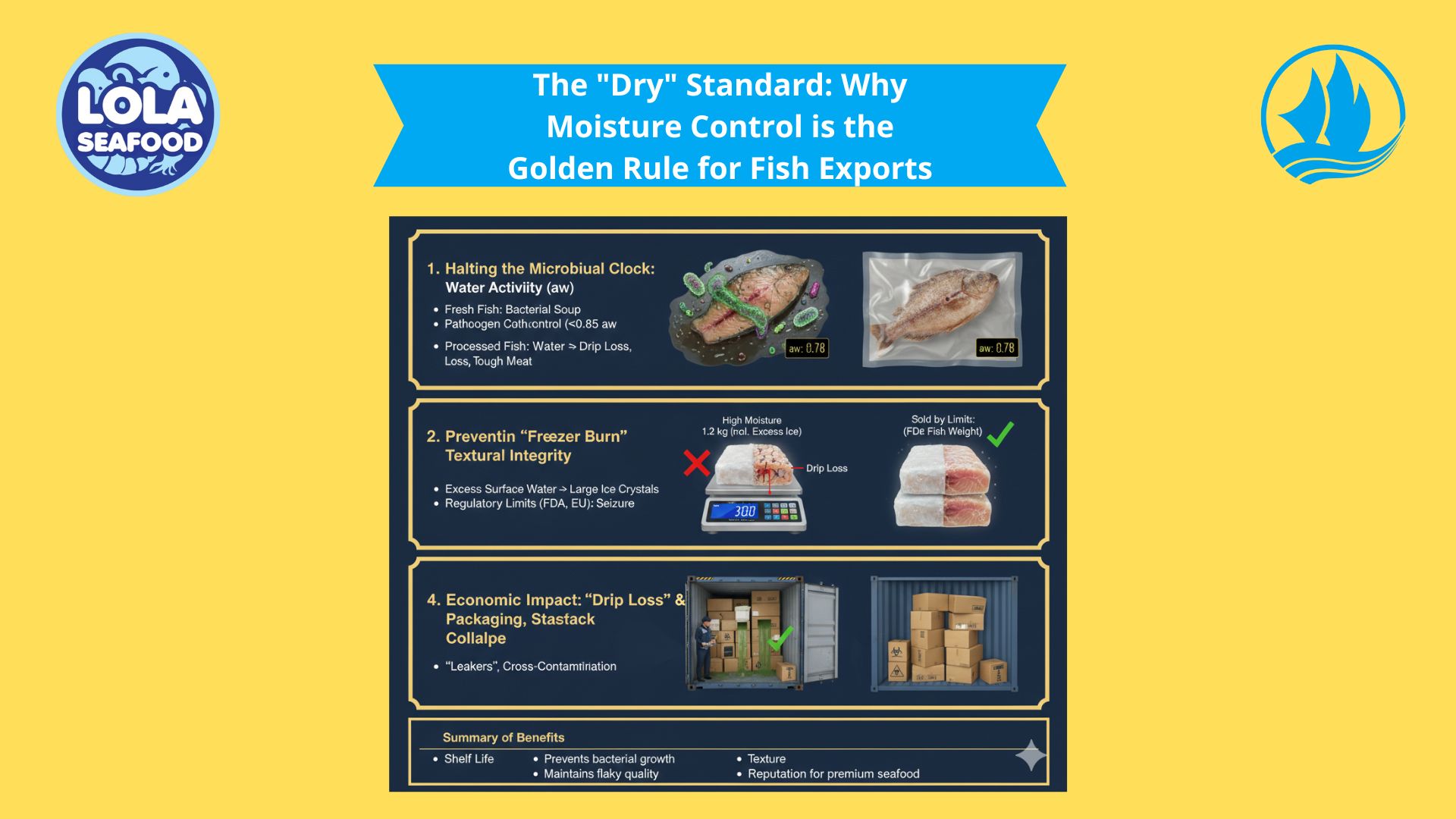
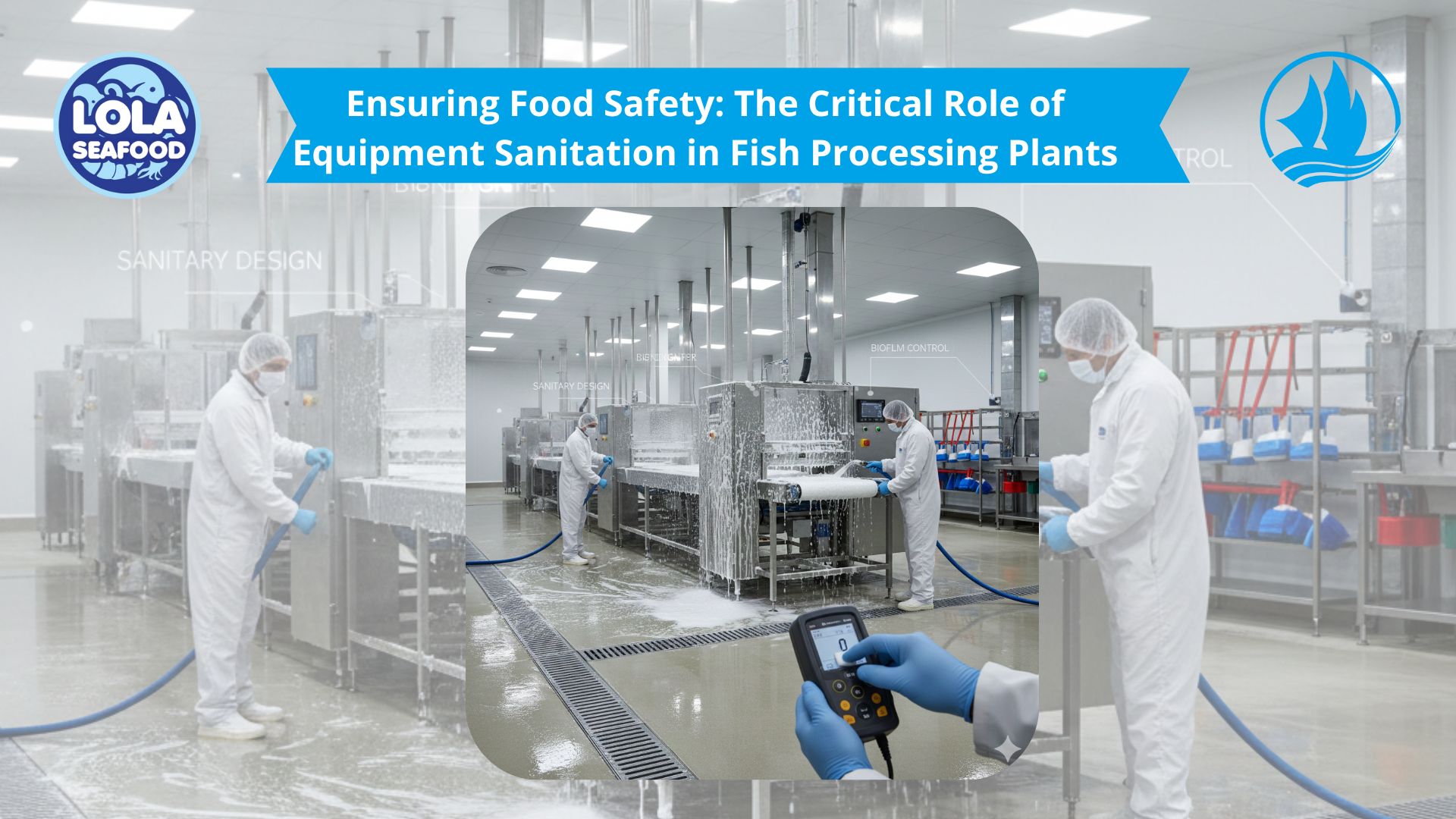
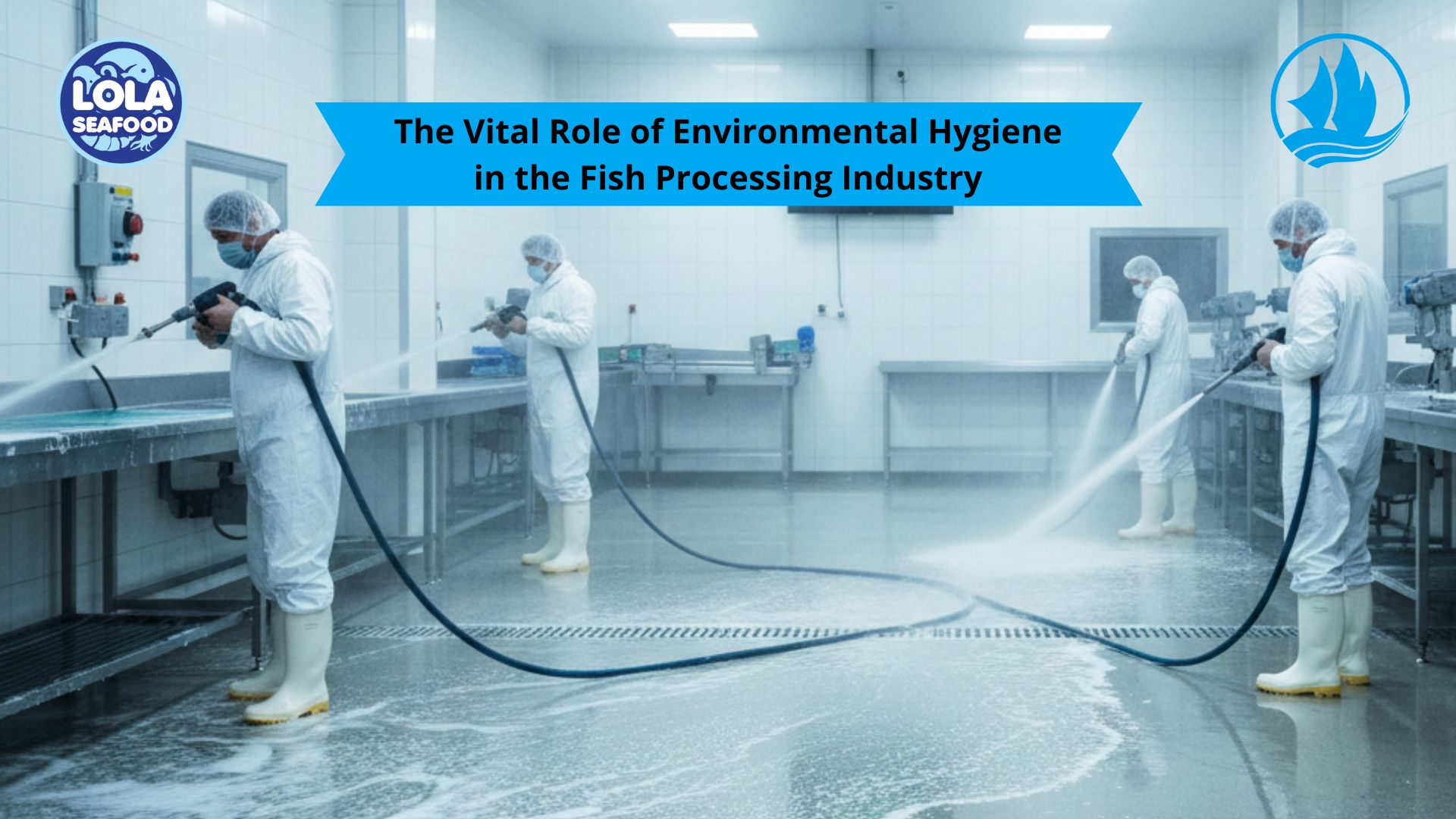

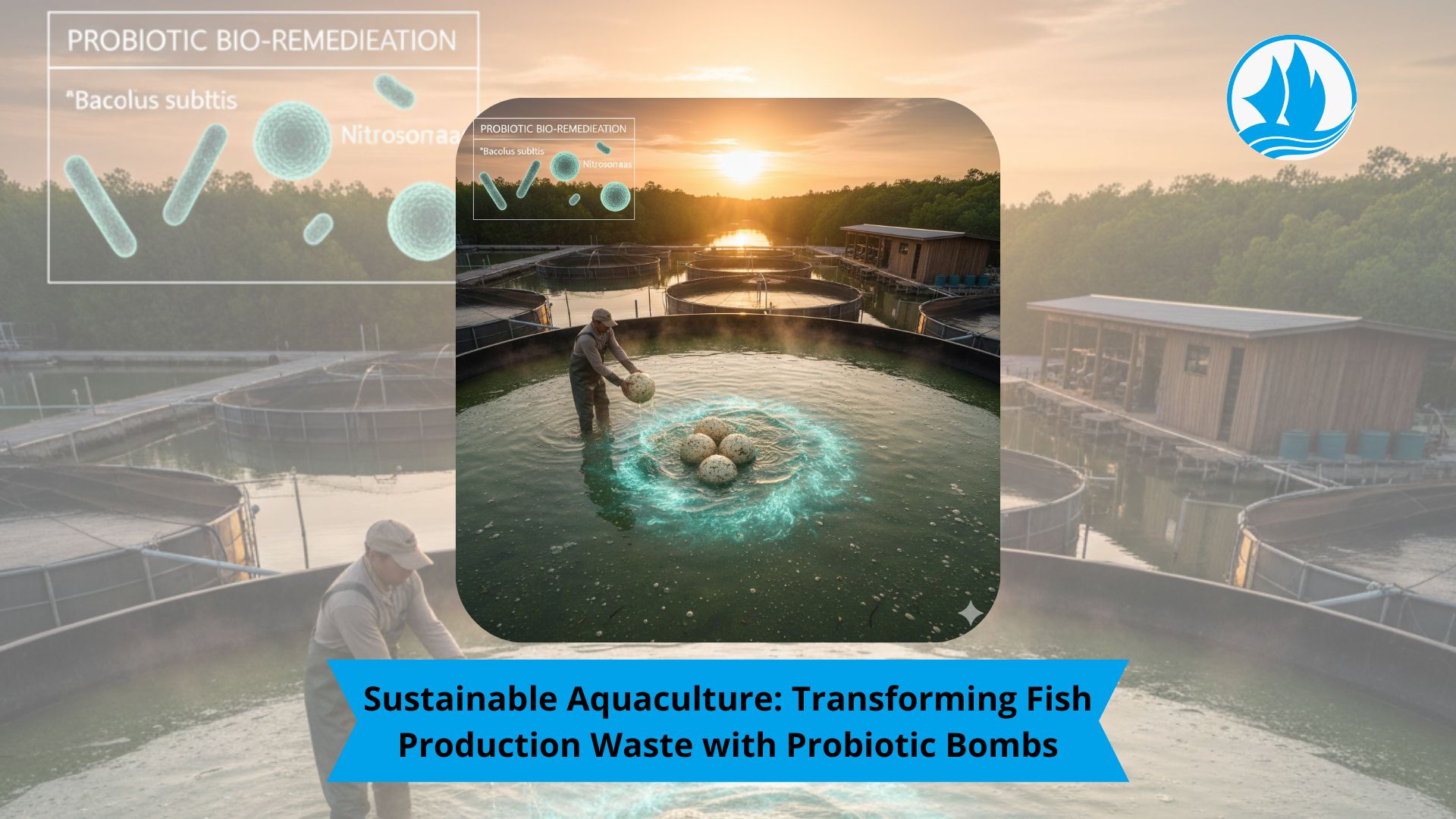

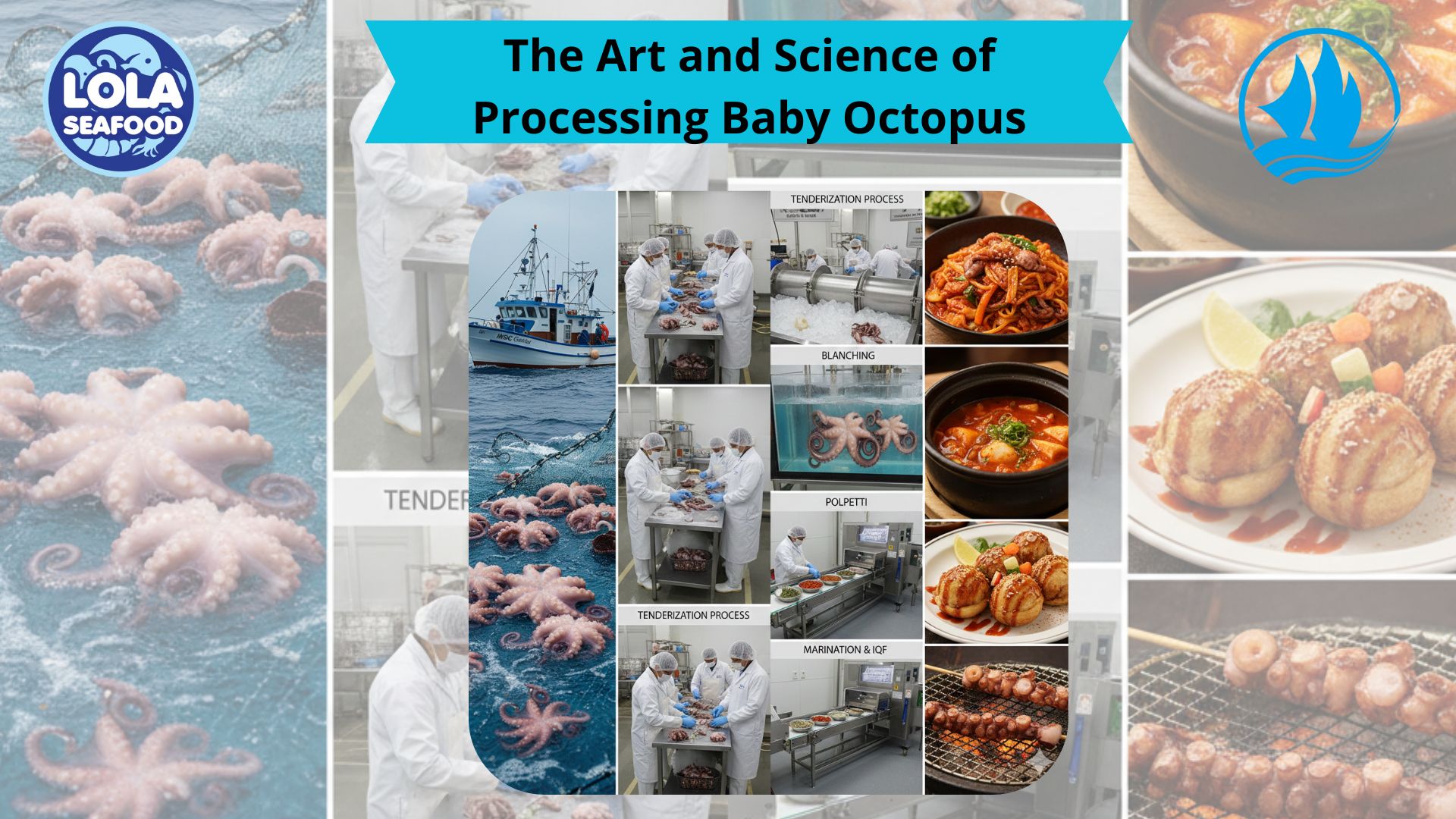
 in Modern Fish Processing Industries.jpg)